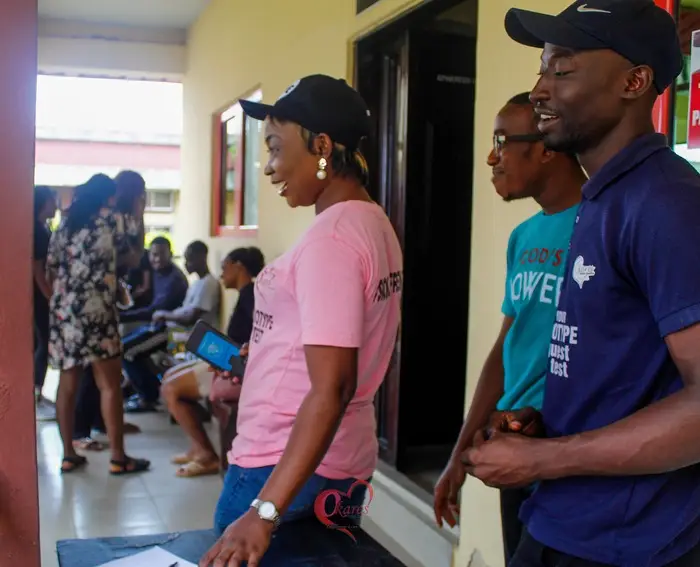By Durga Nandini, Co-Founder, Nguvu Collective
A candid statement published by the Ministry of Health on the occasion of 2024 World Sickle Cell Day caught my eye a few weeks ago. It spoke about the systemic issues that plague many countries in the WHO Africa region, including Nigeria, in tackling Sickle Cell Diseases. In many ways, it was reflective of why Nigeria has earned the reputation of being the Sickle Cell Capital of the World.
The statement reads as follows:
“Sickle Cell disease is the most prevalent genetic disease in the WHO African Region. In many countries of the region including Nigeria, 10%–40% of the population carries the sickle-cell gene resulting in estimated SCD prevalence of at least 2%.
The situation in the region also indicates that –
Anyone who closely follows the Sickle Cell landscape of Nigeria would vehemently agree with the observations of the Nigerian government. Because these are the lived realities of the citizens of the country. According to the World Health Organisation, Nigeria has the world’s highest burden of SCD, with an estimated 150,000 SCD births recorded per year.
A recent study by Nguvu Change Leader Onor Obassi Tawo that compares existing Sickle Cell Laws in 4 Nigerian States – Kano, Anambra, Kaduna and Abia, and their impact on the ground, reveals serious gaps that are in line with the Nigerian government’s statement.
Onor, driven by her personal experience as a Sickle Cell Warrior and the loss of her brother to the disease, ventured on this comparative study after observing alarming realities among her fellow citizens, with abysmal public awareness of Sickle Cell Disease being one of the most predominant.
The release of her Comparative Study is significant and timely, as September marks Sickle Cell Awareness Month – a global observance dedicated to honouring the millions living with Sickle Cell Disease and remembering the precious lives lost to the killer disease.
This September, her report raises a pertinent question – Is Nigeria doing enough to tackle the poor public awareness and poor accessibility to testing and health care services for Sickle Cell Disease?
Onor’s study reveals the following salient points:
Onor’s study, the first-ever attempt to understand the real world impact of Sickle Cell Policies in Nigeria, has been launched at a critical juncture.
After multiple failed attempts to introduce a national policy framework for Sickle Cell Disease, a National Bill aimed at addressing the high prevalence of Sickle Cell Disease has been reintroduced in the Nigerian National Assembly in May 2024 by Senator Zam, Titus Tartenger.
There is a strong need for a more holistic approach towards control and prevention of Sickle Cell Disease, through a unified, national framework that could potentially address the systemic issues affecting the country. This Bill could come as a ray of hope for the Sickle Cell Community in Nigeria.
Bio: Durga Nandini is the Co-Founder and Chief Advisor at Nguvu Collective. She is an award-winning journalist, and campaigns and communications expert who writes on gender rights issues.



